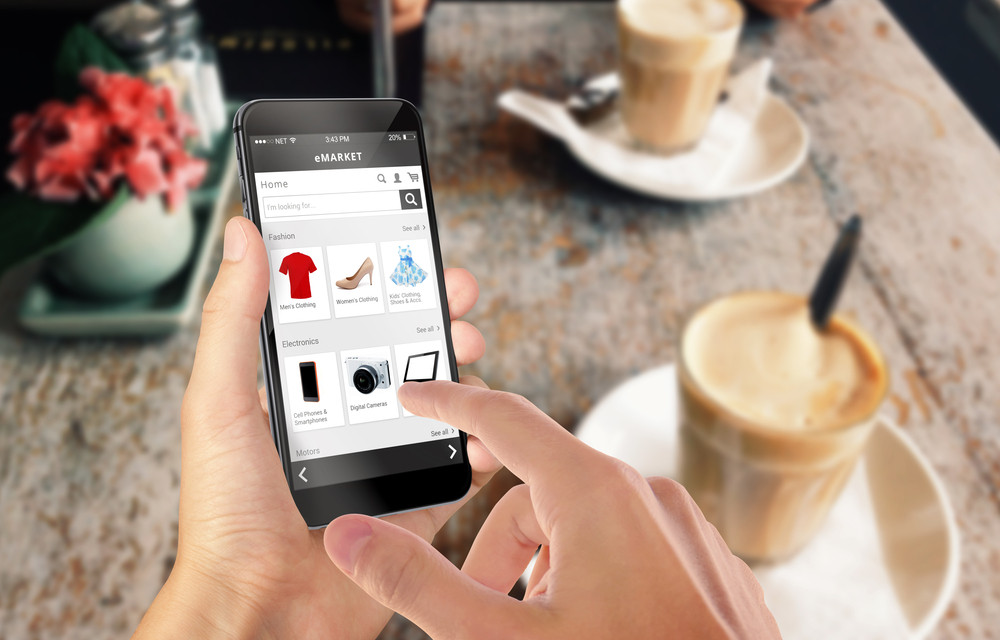Popular Reads
Top Results
Can't find what you're looking for?
View all search resultsPopular Reads
Top Results
Can't find what you're looking for?
View all search resultsVisa says tokenization key to e-commerce security
Change text size
Gift Premium Articles
to Anyone
F
inancial service company Visa has spoken out about the need for e-commerce platforms to adopt security measures such as tokenization to boost protection given the rise of e-commerce users in Indonesia during the pandemic.
Tokenization, which replaces sensitive data such as credit card numbers with tokens, can eliminate fraudsters because if the tokens are stolen, they cannot be used for transactions, according to Visa’s regional risk officer for the Asia-Pacific, Joe Cunningham.
“In the e-commerce environment, tokens will become even more important and will continue to play a role in eliminating sensitive data from e-commerce,” he said in an interview with The Jakarta Post on Aug. 26.
This measure was essential as new e-commerce users and new online merchants might be vulnerable to fraudsters if they lacked the experience in using online platforms, he added.
“Our fear is that because the merchants are new, they themselves do not have the experience or the skills or the infrastructure or the tools or systems to protect sensitive information that they capture,” he said, adding that companies should choose partners with skills and expertise to protect the public.
E-commerce transactions have increased 26 percent during the pandemic, Bank Indonesia data show, as the large-scale social restrictions (PSBB) had forced people to stay at home to avoid COVID-19 transmission.
A separate survey by Mobil Marketing Association (MMA) showed that 20 percent of surveyed respondents tried online grocery shopping for the first time in March.
The increase in e-commerce transactions and users during the pandemic has raised security concerns. Homegrown e-commerce platforms such as Bukalapak and Tokopedia, as well as Bhinneka.com, reportedly experienced data breaches in May.
Although the three platforms reported that no payment data was stolen, such breaches might erode consumers’ trust in storing their credentials online, Cunningham said.
Cunningham also said that he was optimistic that contactless payments including tap-to-pay methods, such as Samsung Pay and Apple Pay, would be increasingly important even after the pandemic.
According to the Kantar COVID-19 Barometer study published in March, 62 percent of Indonesian consumers said they would continue to use credit cards and mobile e-wallets to pay for goods instead of cash, in line with the global trend.
As a result of the pandemic, consumers and retailers in physical stores chose the contactless payment option to protect themselves from the risk of coronavirus, he said.
“Indonesia might be a little bit behind on tap-to-pay adaptation compared to other markets right now. But you are going to see that grow over the course of the next couple of years,” Cunningham said.
“It is just a matter of infrastructure getting rolled out and getting the technology into consumers’ wallets.”
According to a recent Visa survey, 70 percent of Indonesian holders of contactless cards use their card more often than two years ago, with most using their card at least once a week.
E-wallet firm OVO president director Karaniya Dharmasaputra said digital payments had enabled a lot of business sectors to digitalize, with e-money growing tremendously and surpassing conventional payment solutions such as debit and credit cards.
“I think we can see that the future of Indonesia’s economy would be highly driven by the digital economy and financial technology,” Karaniya said on Aug. 19 during The Jakarta Post webinar Jakpost Up Close: Reimagining the future of Indonesia’s economy.
E-money usage grew almost 600 percent from 2016 to 2019, 78 percent of which came from non-bank e-money, he added.
Read also: From 'warung' to insurance and e-money: Tech is key to surviving pandemic, beyond










